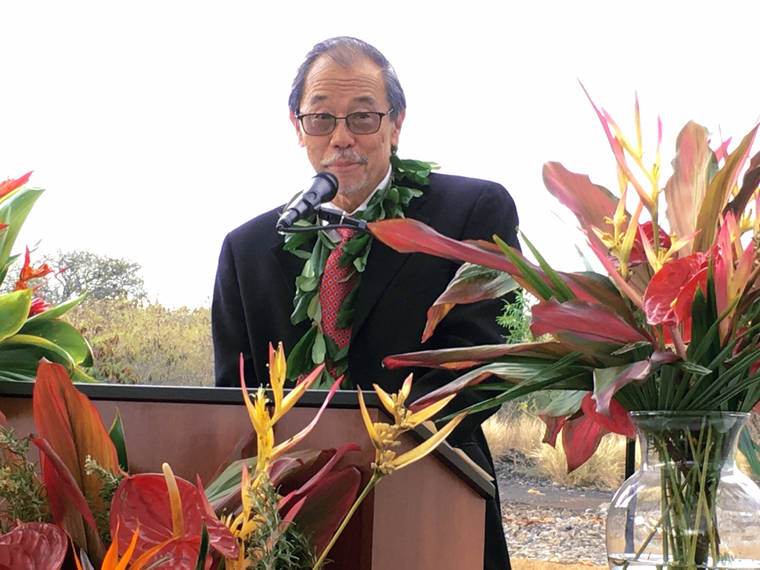During the 28 years I served as a judge in Hawaii’s Third Judicial Circuit, one of my responsibilities was to educate the public about how the courts operate.
With knowledge of our legal system, people gain an appreciation for the law. More importantly, they gain a sense of empowerment that comes from understanding why things work the way they do in our country.
Preservation of an empowered, informed citizenry is imperative for the preservation of a free society. This is one reason our nation observes Law Day on May 1. It’s an annual celebration of the ideals of equality and justice that inform our way of life.
This year, the American Bar Association invites us to reflect on the theme, “Free Speech, Free Press, Free Society.”
Free speech and a free press guaranteed under the First Amendment are vital safeguards to democracy, but our government is responsible for protecting all of the constitutional rights of its citizens. It has, therefore, had to approach questions involving these rights with a careful consideration of their consequences.
Democracy encourages people to contribute to the range of ideas being discussed in society. Through free speech, we can discover and implement the best solutions. That’s how things change for the better.
On the other hand, government has found that the freedom to express depends upon the kinds of speech in question and in what setting that speech takes place. For example, in 1919, U.S. Supreme Court Associate Justice Oliver Wendell Holmes famously wrote, “The most stringent protection of free speech would not protect a man in falsely shouting fire in a theatre and causing a panic” (Schenck vs. United States).
At other times, the U.S. Supreme Court has held the line on keeping free speech protections as expansive as possible. In Brandenburg vs. Ohio (1969) the court decided even inflammatory or racist speech should generally be protected, unless it is likely to cause imminent violence.
The Supreme Court’s interpretation of the First Amendment has changed through time, but, on the whole it has jealously guarded the basic concepts of the right to be heard and right to peacefully disagree. I hope the court will continue to guard these individual rights and the rights of the media.
Beyond its function as an extension of free speech, freedom of the press serves as an indispensable check on government power by giving citizens a way to understand, monitor and question the actions of government. However, the protections of news media activities have sometimes been limited.
Instances of libel have made it necessary to establish certain legal boundaries on what the media can produce. Libel is a form of defamation in which an untruth harmful to a person’s reputation is disseminated through print or broadcast communications. Laws have been enacted that give a person who was defamed the ability to sue the offending entity.
I know many people in our community get frustrated with government and say it is broken. What I hope they would consider is the careful processes we must follow if we are to have a society where personal liberties are protected, and fair outcomes achieved.
We continue to struggle, locally and nationally, to balance freedom of speech and the press with what is required to sustain a culture that respects the essential worth of all individuals. This is the privilege and responsibility of a free society that maintains its freedom by the rule of law.
This is why we celebrate Law Day.
Ronald Ibarra served as chief judge of Hawaii’s Third Judicial Circuit from 1993-2017. His tenure as a Circuit Court judge in Hawaii’s Third Judicial Circuit was from 1989 until his retirement in 2017. Today he continues to serve on eight state, county and nonprofit committees.






